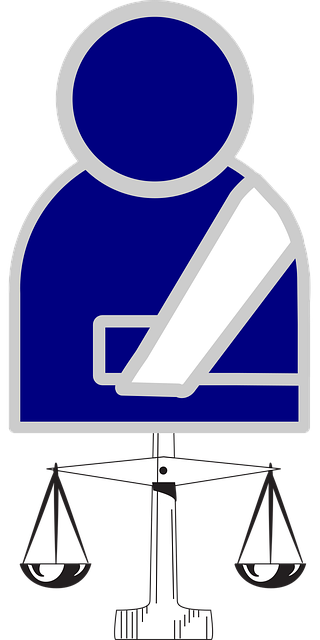Whiplash injury lawyers are crucial for car accident victims, navigating complex legal processes and securing fair compensation. They assess beyond physical injuries, considering loss of earnings, daily life impact, and work capabilities to ensure adequate whiplash injury compensation. Utilizing expert knowledge and tools, they advocate for clients' rights, facilitating vocational recovery and overall well-being.
“A whiplash injury, often overlooked yet profound, can significantly impact an individual’s vocational trajectory. This article delves into the intricate role of a whiplash injury lawyer in navigating legal complexities and securing compensation. We explore the unique challenges posed by these injuries from a legal perspective and how specialized attorneys utilize their expertise. Additionally, we uncover the assessment methods employed to measure the vocational impact, emphasizing the importance of professional guidance in maximizing claim outcomes.”
- Understanding Whiplash Injuries: Legal Perspective
- Role of a Whiplash Injury Lawyer in Compensation
- Measuring Vocational Impact: Assessment Methods Used
Understanding Whiplash Injuries: Legal Perspective

Whiplash injuries are a common yet serious outcome of motor vehicle accidents, often requiring extensive legal and medical attention. From the perspective of a whiplash injury lawyer, understanding these injuries is paramount to securing fair compensation for affected individuals. Whiplash refers to a range of neck injuries caused by sudden, forceful movement, typically during a car collision. The most frequent symptoms include persistent neck pain, stiffness, and headaches, which can significantly impact an individual’s daily life and work capabilities.
Legal professionals specializing in such cases must possess in-depth knowledge about the various degrees of whiplash, from mild to severe, as this directly influences the potential medical malpractice settlement amounts. A car accident lawyer Miami, for instance, would consider factors like missed workdays, the cost of physical therapy, and long-term care requirements when advocating for a client’s rights, aiming to achieve just medical malpractice compensation.
Role of a Whiplash Injury Lawyer in Compensation

A whiplash injury lawyer plays a pivotal role in ensuring victims receive fair compensation for their injuries, especially when dealing with the complexities of car accidents. Whiplash, often a severe consequence of vehicle collisions, can lead to long-term health issues and significant impacts on an individual’s ability to work. These legal professionals specialize in navigating the intricate process of accident compensation claims, advocating for clients’ rights and interests.
By employing their extensive knowledge of personal injury law, whiplash injury lawyers help victims understand their entitlements. They gather evidence, including medical records and expert opinions, to calculate the extent of damages. This includes not only the immediate physical injuries but also the potential loss of earnings and other benefits that may be affected by the accident. Their expertise in negotiating with insurance companies or taking cases to court ensures that clients receive appropriate accident compensation, which can be crucial for their vocational recovery and overall well-being, even compared to a wrongful death lawyer scenario.
Measuring Vocational Impact: Assessment Methods Used

Whiplash injuries, often sustained in car accidents, can have significant implications for an individual’s ability to work and earn a living. Measuring the vocational impact is a critical aspect of any legal case involving such injuries, especially when seeking compensation from a whiplash injury lawyer. The assessment process involves comprehensive methods tailored to understand the extent of physical limitations, cognitive impairments, and psychological factors that influence one’s ability to perform daily tasks at work.
Professionals, including medical experts and specialized lawyers, utilize various tools and evaluations to quantify these impacts. This may include reviewing medical records, conducting interviews, administering standardized tests, and analyzing employment history. For instance, a whiplash injury lawyer might collaborate with occupational therapists to assess range of motion, strength, and dexterity—crucial factors in determining the viability of returning to previous work duties. Additionally, psychological assessments can reveal cognitive changes, such as memory loss or attention deficits, which may impact job performance, further emphasizing the need for tailored support and accommodations.
A whiplash injury lawyer plays a vital role in navigating the complexities of whiplash injuries, ensuring that victims receive fair compensation for their pain and suffering. By understanding the legal perspective and utilizing assessment methods that measure vocational impact, these professionals help clients secure the resources needed for recovery and rehabilitation. In light of the above, engaging the services of a qualified whiplash injury lawyer is essential in achieving justice and a successful outcome.






